End of smashed smartphones as scientists develop ‘flexible’ screen
High-tech panel would be simple to apply to consumer devices
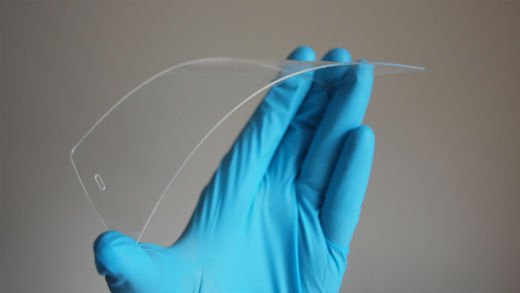
A free daily email with the biggest news stories of the day – and the best features from TheWeek.com
You are now subscribed
Your newsletter sign-up was successful
Scientists at the University of Sussex have created a new touchscreen that could consign the days of smashed and cracked smartphone displays to history.
The university says the ultra-tough display is made from graphene - a form of carbon just one atom thick - and silver “nanowires”.
This creates a “film” that matches the performance of regular screens, says The Daily Telegraph, but that is significantly cheaper to produce than current displays.
The Week
Escape your echo chamber. Get the facts behind the news, plus analysis from multiple perspectives.

Sign up for The Week's Free Newsletters
From our morning news briefing to a weekly Good News Newsletter, get the best of The Week delivered directly to your inbox.
From our morning news briefing to a weekly Good News Newsletter, get the best of The Week delivered directly to your inbox.
Most smartphone touchscreens feature a layer of indium tin oxide that helps register touch inputs, says New Atlas. This material is “great for its transparency and conductivity”, the site says, but is also “relatively rare” and “fragile”.
The material developed by Sussex University is not only “more responsive” than a conventional touchscreen, the site adds, but can also “flex and bend”.
The technology could make its way onto consumer devices in the near future, says project chief Professor Alan Dalton.
“It would be relatively simple to combine silver nanowires and graphene in this way on a large scale using spraying machines and patterned rollers”, he says. That means brittle mobile phone screens might soon be “a thing of the past”, Dalton adds.
A free daily email with the biggest news stories of the day – and the best features from TheWeek.com
The project’s head of research, Matthew Large, says the new screen could also pave the way for flexible smartphones.
“When we bend the hybrid films repeatedly, the electrical properties don’t change,” he says, “whereas you see a drift in the films without graphene that people have developed previously. This paves the way towards one day developing completely flexible devices.”
-
 Tourangelle-style pork with prunes recipe
Tourangelle-style pork with prunes recipeThe Week Recommends This traditional, rustic dish is a French classic
-
 The Epstein files: glimpses of a deeply disturbing world
The Epstein files: glimpses of a deeply disturbing worldIn the Spotlight Trove of released documents paint a picture of depravity and privilege in which men hold the cards, and women are powerless or peripheral
-
 Jeff Bezos: cutting the legs off The Washington Post
Jeff Bezos: cutting the legs off The Washington PostIn the Spotlight A stalwart of American journalism is a shadow of itself after swingeing cuts by its billionaire owner
-
 Will AI kill the smartphone?
Will AI kill the smartphone?In The Spotlight OpenAI and Meta want to unseat the ‘Lennon and McCartney’ of the gadget era
-
 Is Apple’s Tim Cook about to retire?
Is Apple’s Tim Cook about to retire?Today's Big Question A departure could come early next year
-
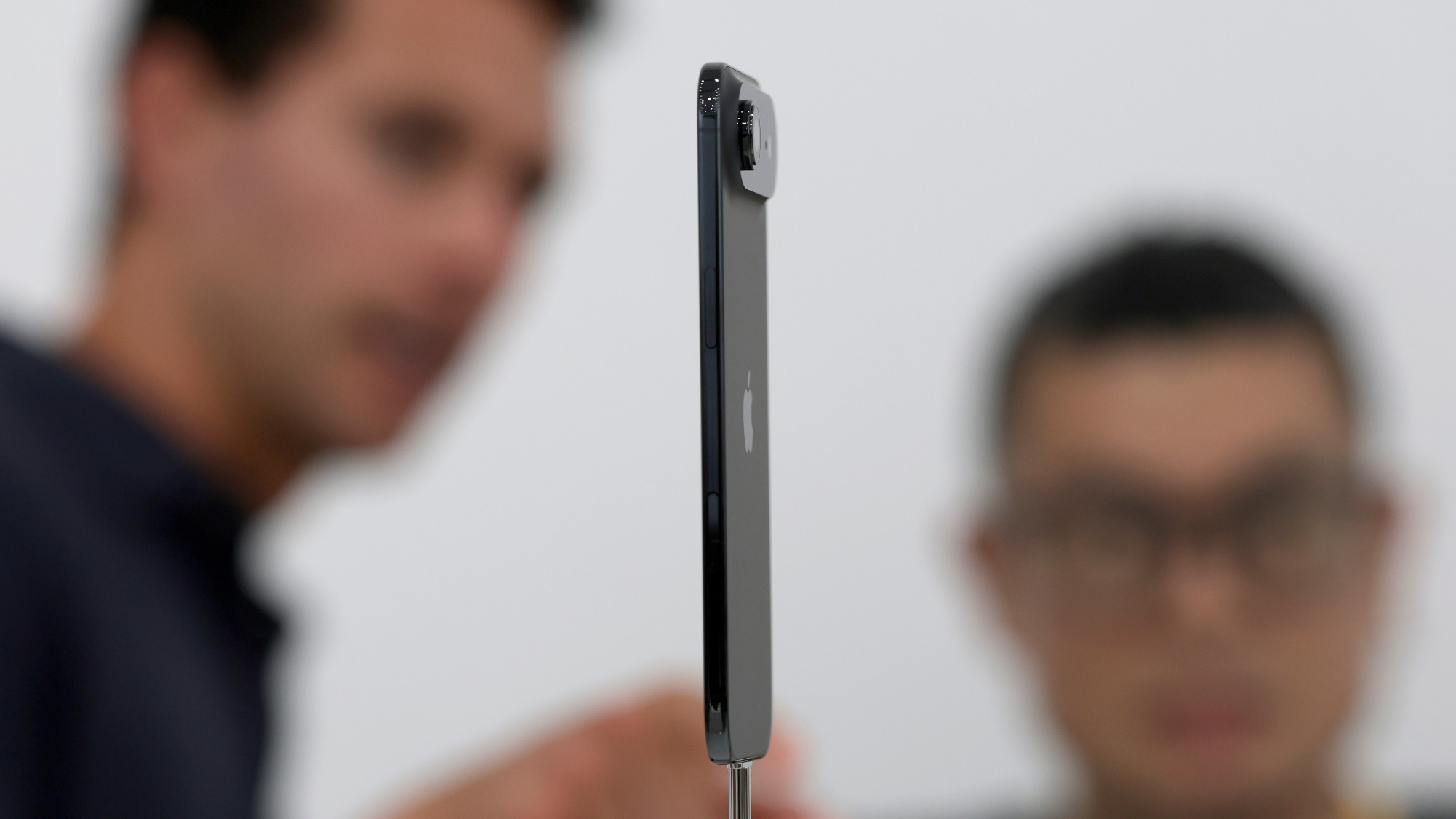 iPhone Air: Thinness comes at a high price
iPhone Air: Thinness comes at a high priceFeature Apple’s new iPhone is its thinnest yet but is it worth the higher price and weaker battery life?
-
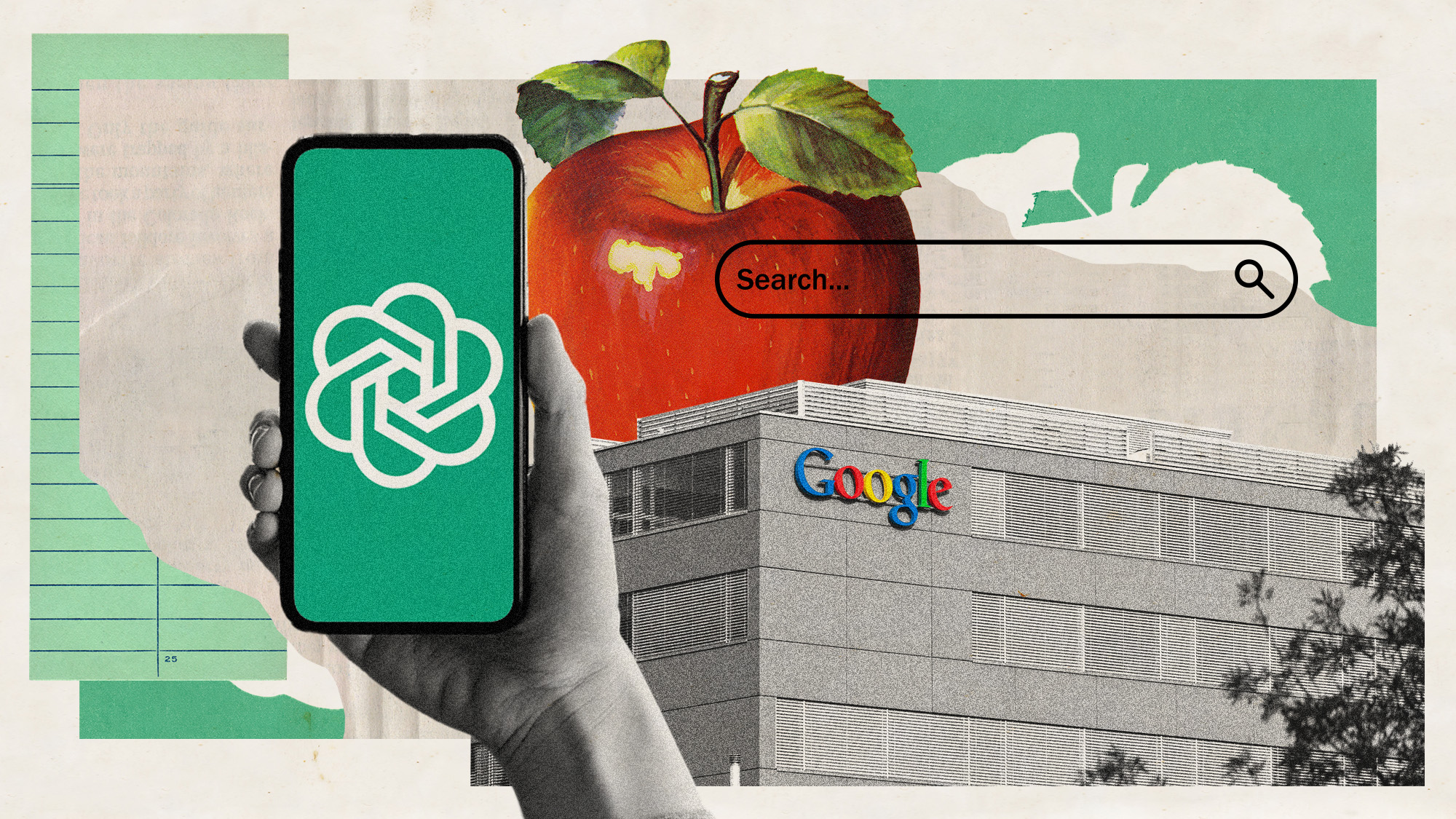 Is Apple breaking up with Google?
Is Apple breaking up with Google?Today's Big Question Google is the default search engine in the Safari browser. The emergence of artificial intelligence could change that.
-
 Why won't Apple make iPhones in America?
Why won't Apple make iPhones in America?Today's Big Question Trump offers a reprieve on tariffs, for now
-
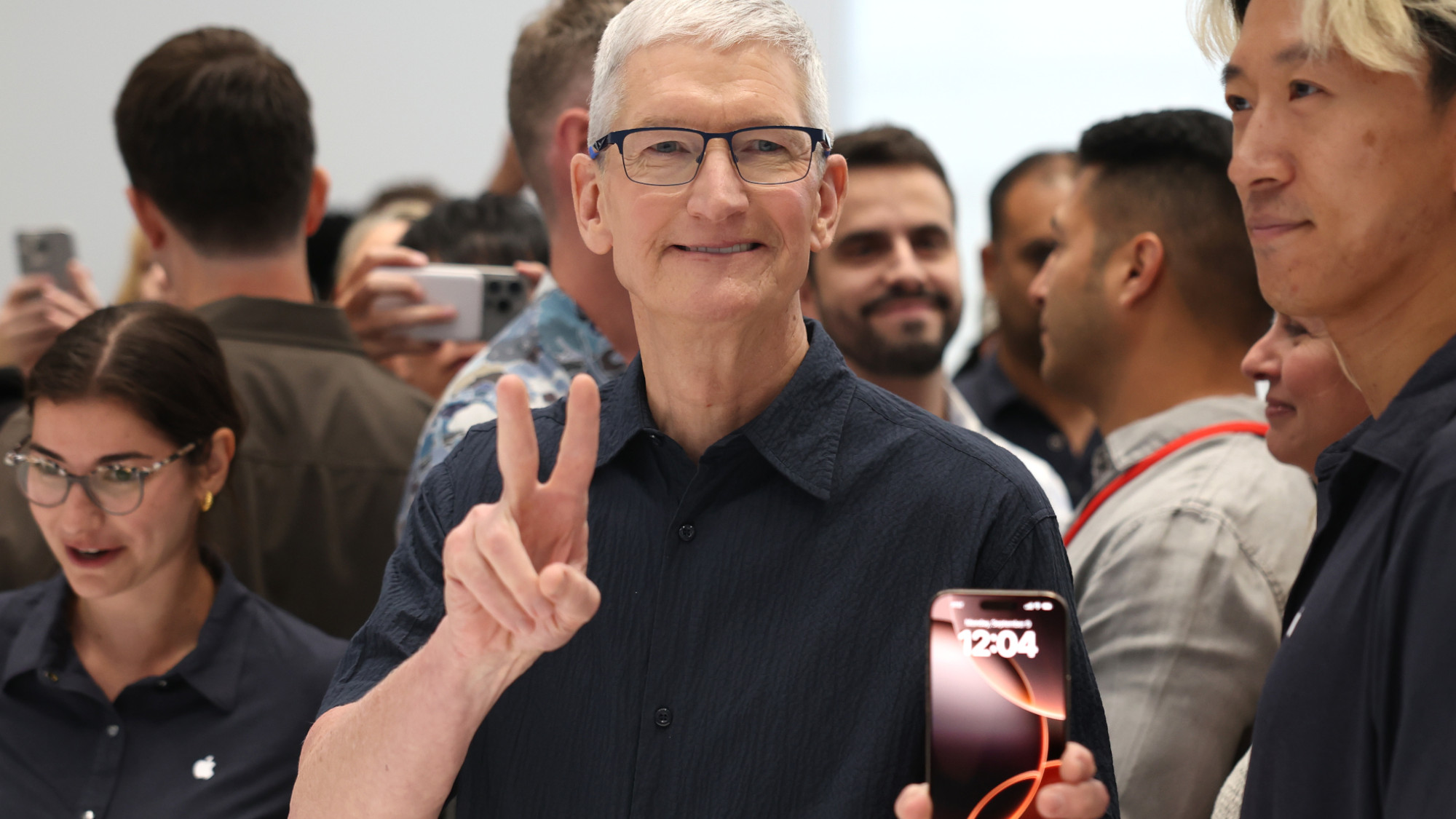 Not there yet: The frustrations of the pocket AI
Not there yet: The frustrations of the pocket AIFeature Apple rushes to roll out its ‘Apple Intelligence’ features but fails to deliver on promises
-
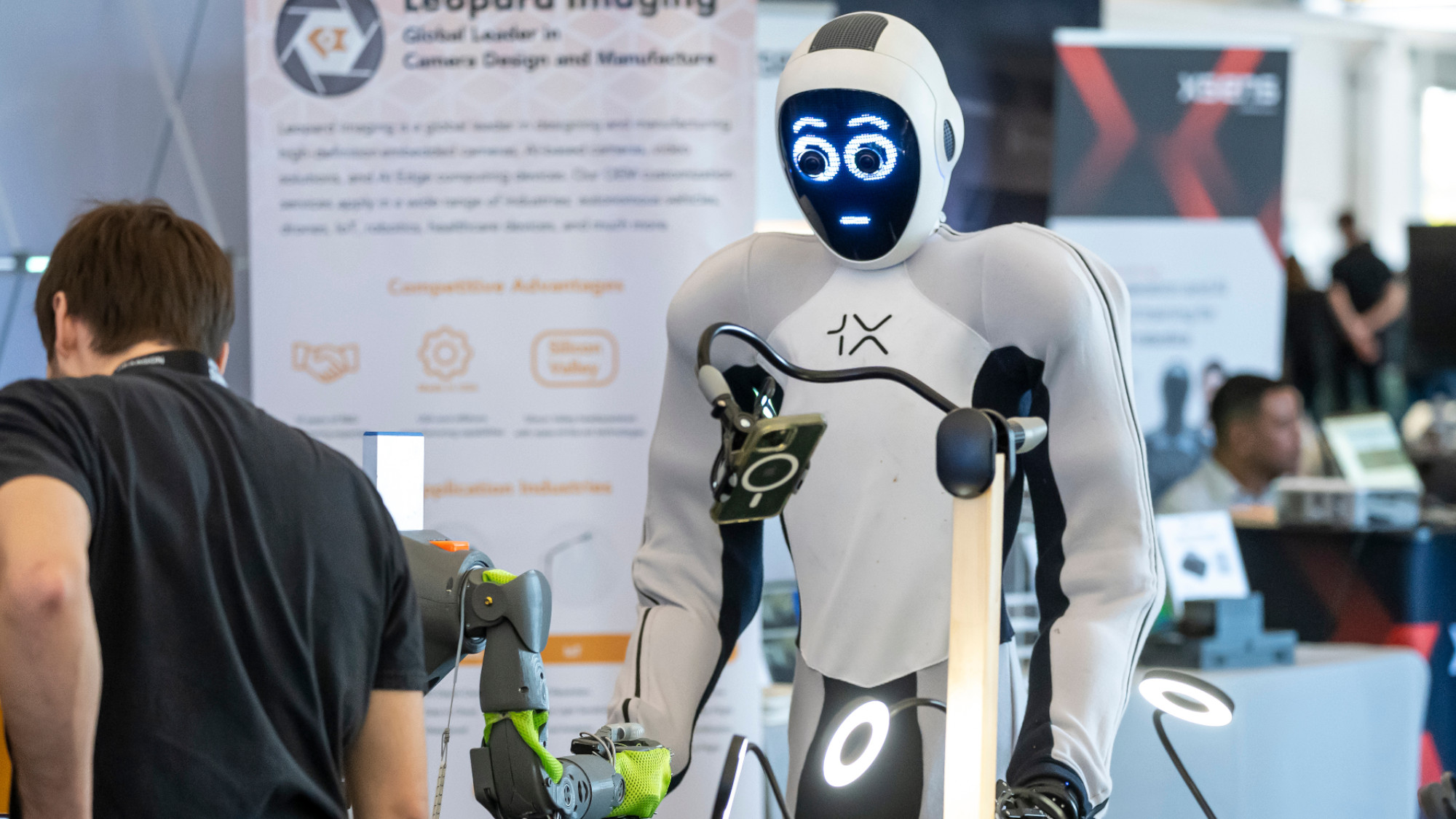 Space-age living: The race for robot servants
Space-age living: The race for robot servantsFeature Meta and Apple compete to bring humanoid robots to market
-
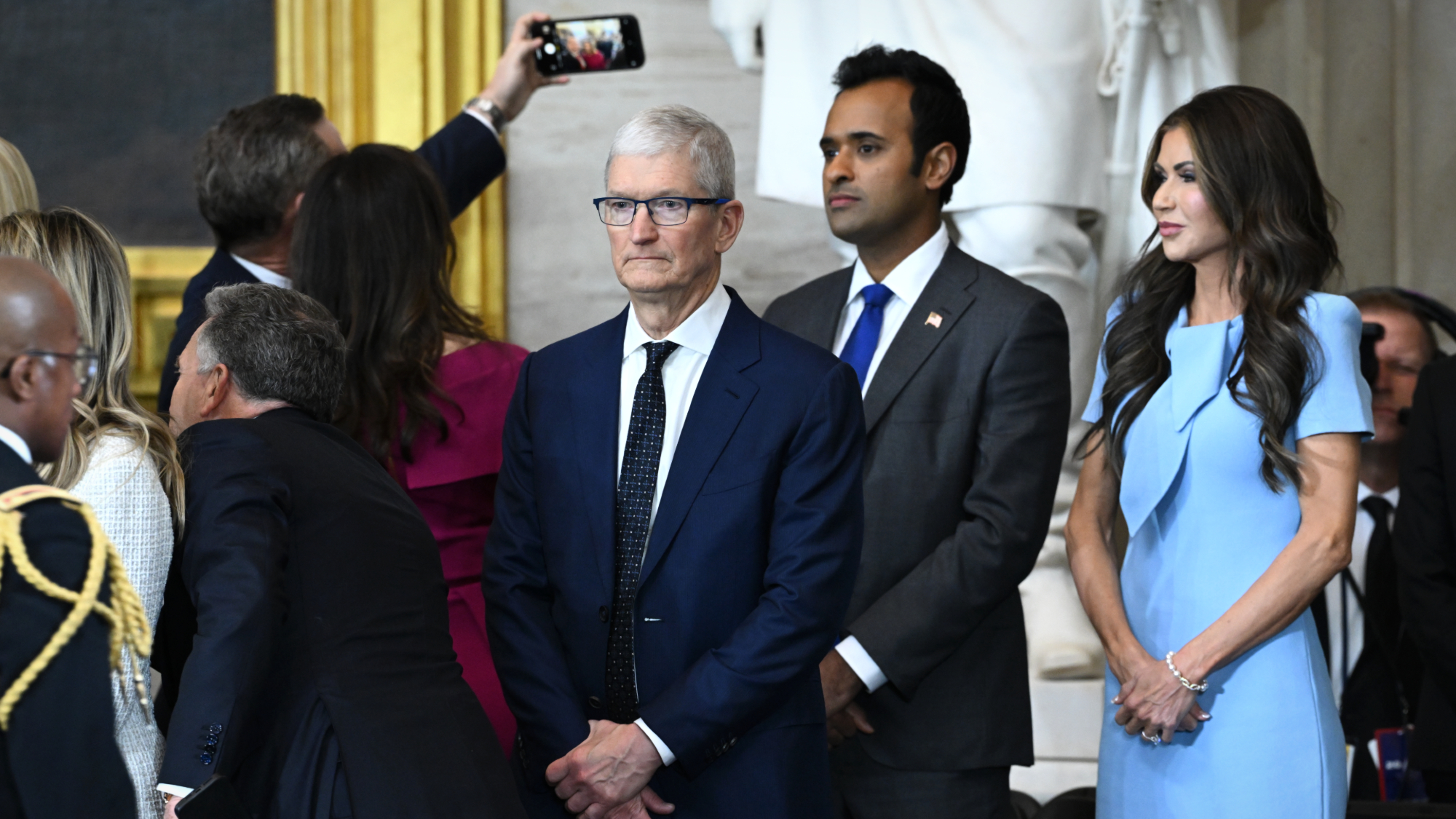 Apple pledges $500B in US spending over 4 years
Apple pledges $500B in US spending over 4 yearsSpeed Read This is a win for Trump, who has pushed to move manufacturing back to the US